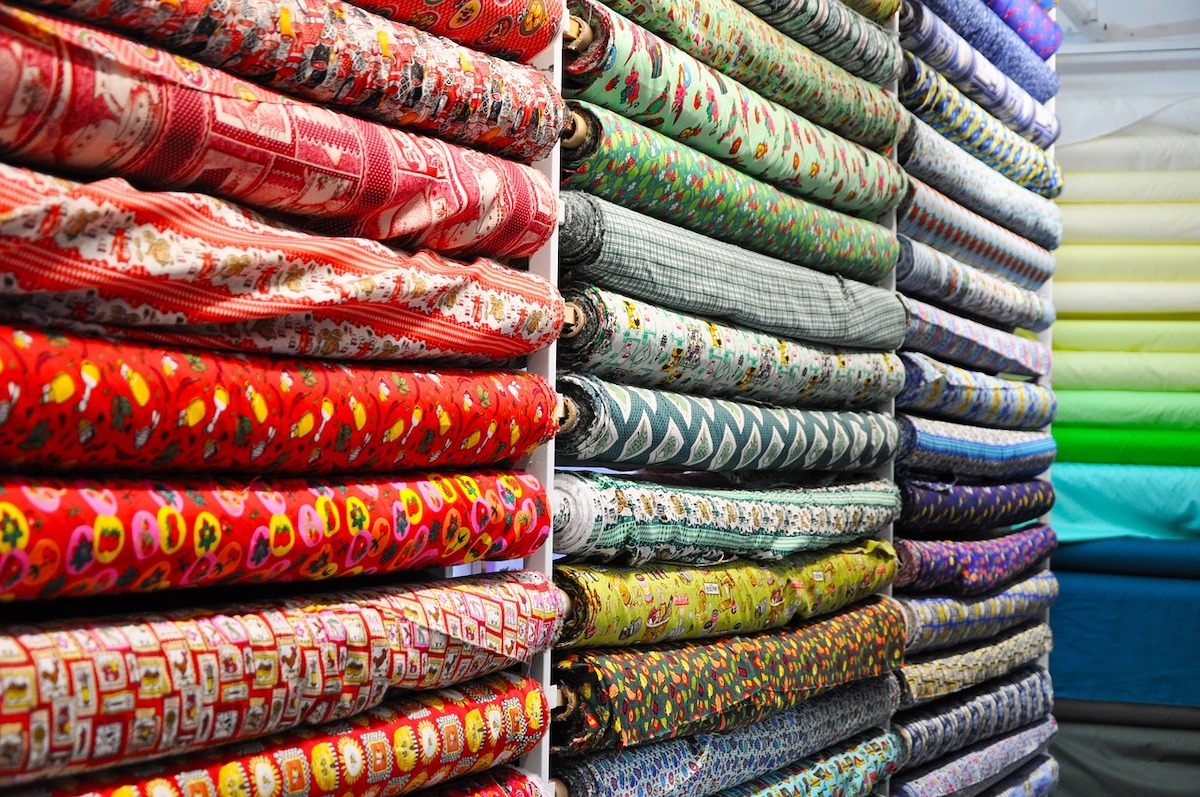Plastic is too rigid and breakable for a phone case, but rubber products attract dirt and aren’t protective enough? Like many other consumers or manufacturers, you may need help figuring out whether the right product should consist of the ubiquitous plastic or stretchy rubber, especially since the cons of both weigh a lot.
Fortunately, these struggles are over for many, and so they can be for you, given the widespread use of TPU. Short for thermoplastic polyurethane, this is a first-rate quality, superior material that revamped textile applications spanning an all-encompassing range, including synthetic leather and woven yarns.
The market for thermoplastic polyurethane expands with lightspeed, with numberless industries like medicine, automation, and construction, and more shifting towards it. The marketplace applications are endless, ranging from footwear to pipes to wheels, being expected to rise at a CAGR of 7.2% until 2030, when they could hit the staggering value of USD 2.52MN. All this progress begs questions like what exactly TPU is, why the Desmopan® TPU range from Covestro is leading the market, and what the trends are.
What established Desmopan® TPU as a leader
Covestro’s Desmopan® TPU range is poised to revolutionise textile applications with its high-performance capabilities. From woven yarns, tarps, and nonwoven fabrics to synthetic leather, thermoplastic polyurethane (TPU) is a versatile material that offers more sustainable solutions. It provides pleasant haptics, high durability, and a variety of textures and stiffness levels.
With its high durability and versatility, TPU offers a mono-material solution that is more environmentally friendly. Textile producers looking for innovative materials will find TPU to be an excellent option due to its remarkable combination of mechanical properties, sustainability, and ease of processing. But the industry does not yet fully acknowledge these natural advantages.
Because of Desmopan® TPU’s exceptional elasticity, toughness, and resistance to abrasion, textiles can retain their shape even after frequent use. TPU is a great material option for outdoor applications because of its resistance to oils, chemicals, and UV radiàtion.
Because polyurethane (PU) is biocompatible, breathable, and moisture-wicking, wearers can enjoy lightweight PU fabrics with a pleasing, dry touch.
Moreover, Desmopan® TPU is fully recyclable and available in grades ranging from very soft to very stiff, promoting a more sustainable, mono-material solution compared to some alternatives. It is also offered in grades with certified low volatile organic compound (VOC) content, ensuring lower harmful emissions.
Desmopan® TPU can be customized for specific properties, such as waterproofing or industrial chemical resistance. Significantly, it can be adapted through various technical processing technologies, including weaving as yarn, molding, extrusion, and 3D printing. This adaptability facilitates the production of complex designs.
TPU dissected and the insights you need
Polyester is everywhere around you, whether it’s present in the clothes you wear right now or the air filter of your HVAC system. Noteworthy, this is the most common constituent of TPU. As the demand for TPU rises above the momentary record of USD 1.1BN, you can expect market demand and supply to adjust accordingly in time. Needless to say, choosing the right TPU product and supplier for your products is a matter you can’t afford to sleep on.
The resistance to lubricants, fuel, and water provided by polyester-made TPU is a must. Moreover, polyester is necessary in construction and engineering applications, being found in wires, bottles, insulating tapes, and more of these elementary products. The better the quality of TPU, the more secure the item’s construction is and the better it serves its functions. It’s not uncommon for numerous end-products to fail and break for they’ve used poor-quality TPU, or didn’t mold and handled it accordingly.
The material’s versatility may have many thinking there’s no such thing as a one-size-fits-all solution when there is. Companies in industries ranging from footwear to automobiles and medical devices to appliances can lean on a single supply of TPUs. Take the textile sector and the rising need for eco-centric solutions differentiating successful from failing businesses these days. Future-looking companies reliant on textiles lean on Covestro solutions to fine-tune one of the most critical areas of operation. The products aren’t just sustainably made and completely recyclable but also come in varying grades, ranging from the softest to the stiffest texture.
TPU propels the rising 3D printing industry
The 3D printing industry is the future of every industry and could become the manufacturing center. Businesses are shifting towards 3D printing technology to create almost anything, from airplane parts to Apple watches to medical gear, all while reducing time, costs, and the possibility of failure.
Marketplace applications lean on this ubiquitous material when creating products that must pass the test of time, resist wear and tear, and be flexible to elements. TPU’s capacity to be liquefied and extruded makes it imperative in the 3D printing industry, enabling producers to take advantage of the rubbery elasticity, abrasion, and tear resistance, impeccability in the face of heat pressure, and other endless boons. TPU takes solvents, greases, and oils well, making it perfect for printing within three-dimensional plans.
TPU trends to keep an eye on
TPU is a thermoplastic elastomer that is increasingly used in numerous industries. It has enhanced biocompatibility, biostability, elasticity, rigidness, and hydrolytic stability, among other unparalleled properties. It is used in applications ranging from orthopedic implants to cardiac assist gear and neurostimulation devices.
Recycled TPU is in increasing demand, given the heightened environmental concerns and the rising focus on building eco-centric products that slash carbon emissions during manufacturing. The need for recycled TPU isn’t driven only by businesses but also by governments that impose the use of biodegradable materials. For instance, the ESG targets that almost every business has muttered about at least once are concerning every market participant.
Besides the growing request for green solutions, the medical industry also boosts the demand for TPU as a result of trends like the changing aging demographic worldwide. Governments boost expenditures in TPU-based products as medical tech advancements progress and healthcare systems face the need to become more efficient.
Endnote
The above-mentioned applications extend to chemical industries, mining, gas, and oil. Other sectors are also being watched in relation to TPU. The market thrives, boosting the demand for TPUs and, consequently, the sales of those offering superior experiences.












Leave a comment